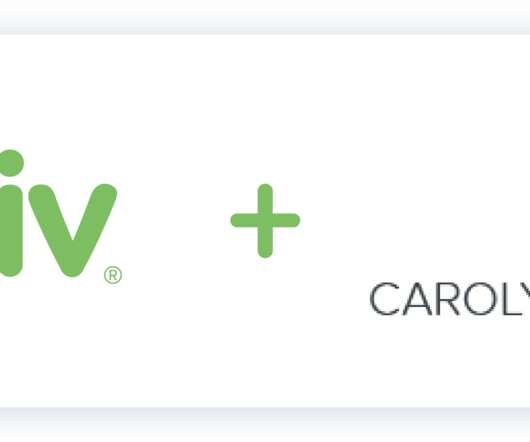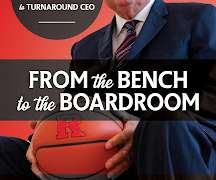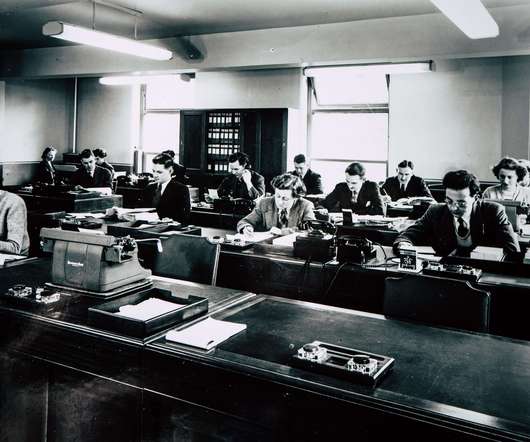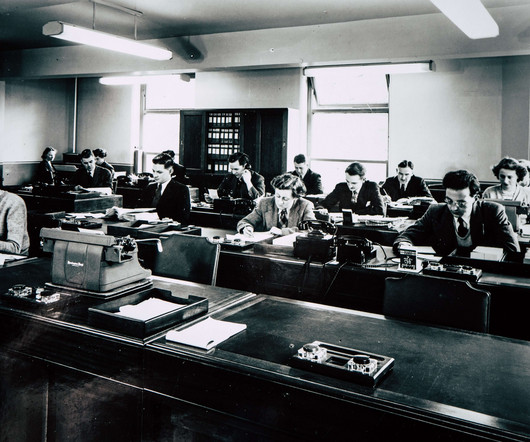Good CEO, Bad Call—How to Recover
.orgSource
JULY 29, 2023
Martha Stewart took her company public in 1999 and became America’s first self-made female billionaire. If you don’t already have those mentors in place, it’s past time to begin developing an executive support system. When I was interviewing leaders for our Association 4.0 Then, he sat on the bad news for as long as he could.






































Let's personalize your content